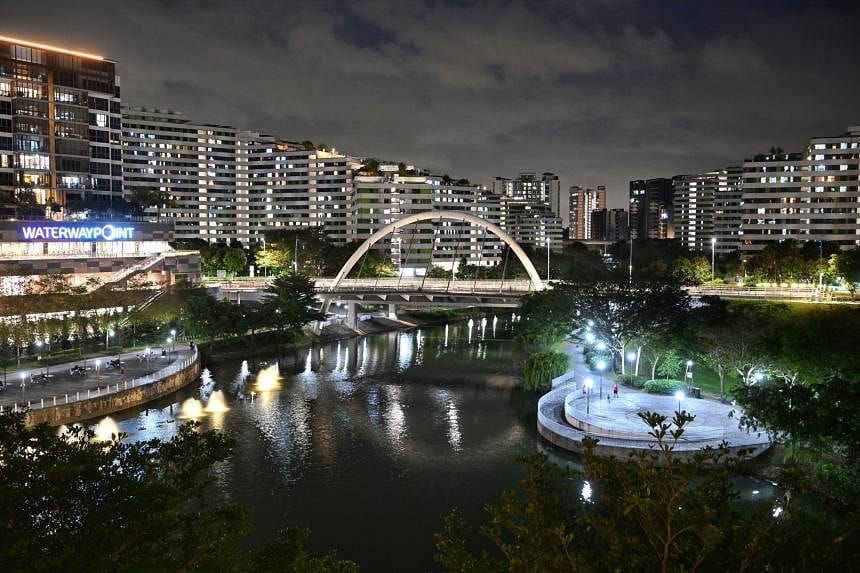Voluntary power cuts may be encouraged during extreme gas shortage, power rationing a last resort: EMA

Source: The Straits Times
Author: Cheryl Tan
SINGAPORE - Industries and households may be encouraged to voluntarily cut electricity use during an extreme gas shortage, with power rationing being a last resort, the Energy Market Authority (EMA) told The Straits Times on May 9.
Under proposed changes to the Electricity and Gas Act, EMA will be given the power to introduce power rationing for "extended periods of time" under extreme circumstances.
EMA and the Ministry of Trade and Industry are seeking feedback from the public about these changes from May 8 to June 5.
This comes as Singapore's energy landscape will "change significantly", they said, including in planning for infrastructure development and how energy markets are regulated.
The regulatory framework supports decarbonisation in the energy sector, ensures energy security, and keeps Singapore's power sector cost-competitive.
When asked by ST how its power rationing would work, EMA said it would require all electricity consumers to reduce or stop their energy consumption as necessary.
However, depending on the severity of the situation, voluntary energy conservation may be encouraged first for all consumers, before power rationing is implemented.
"This is necessary to ensure the long-term sustainable operation of the power system, and to ensure system stability and security," said the agency.
Dr David Broadstock, senior research fellow and lead of energy transition at NUS' Sustainable and Green Finance Institute, said this would be crucial in avoiding a blackout, as the economic losses from temporarily shutting down an economy, or large parts of it, can be "extremely high".
Rationing is one way to avert this, where some parts of society will be subject to temporary energy rationing as demand nears the maximum capacity that the electricity grid is able to supply.
Those willing to accept reduced power availability, or potential power interruptions, can be compensated with lower energy costs, which may incentivise firms or households to endure the inconvenience, he added.
Power rationing schemes will usually prioritise critical industries and vulnerable parts of society, including households, where energy consumption is needed for lighting and cooking, said Dr Broadstock.
While the move to allow power rationing may initially seem surprising, recent changes in the natural gas market have exposed how sensitive Singapore's power sector may be to massive supply disruptions, he added.
Singapore produces about 95 per cent of its electricity from natural gas.
In the long-term, as part of plans to decarbonise the energy sector, Singapore is looking towards a more diversified energy mix, including low-carbon electricity imports from countries like Indonesia, Vietnam and Cambodia.
But it will take a number of years before Singapore reduces its reliance on gas.
Demand pressures for gas in the coming years may also be high given that countries are transitioning away from fossil fuels such as coal to cleaner energy sources such as gas, he added.
Other changes to the Act also include allowing EMA to recover from consumers the costs for its initiatives to strengthen energy security, develop a competitive market, and support the decarbonisation of the power sector.
These initiatives include the procurement of domestic back-up power capacity to address potential disruptions to electricity imports when they are introduced into Singapore's power system in future, said EMA.
Renewable energy sources - solar and wind - may not be able to produce electricity during all hours of the day.
Any costs recovered from consumers who benefit from these initiatives, or electricity retailers, will have to be approved by the Minister, said EMA.
EMA will exercise these powers only when necessary, and with due care and diligence, to ensure that overall electricity costs are kept in check.
